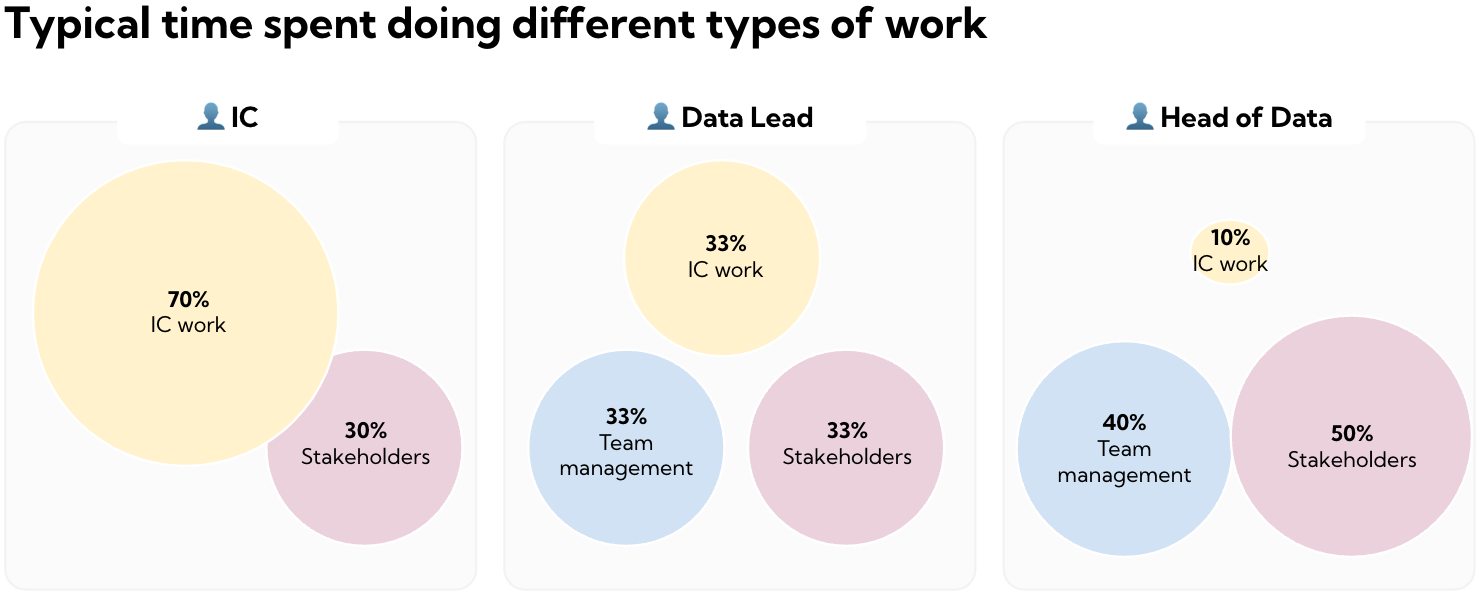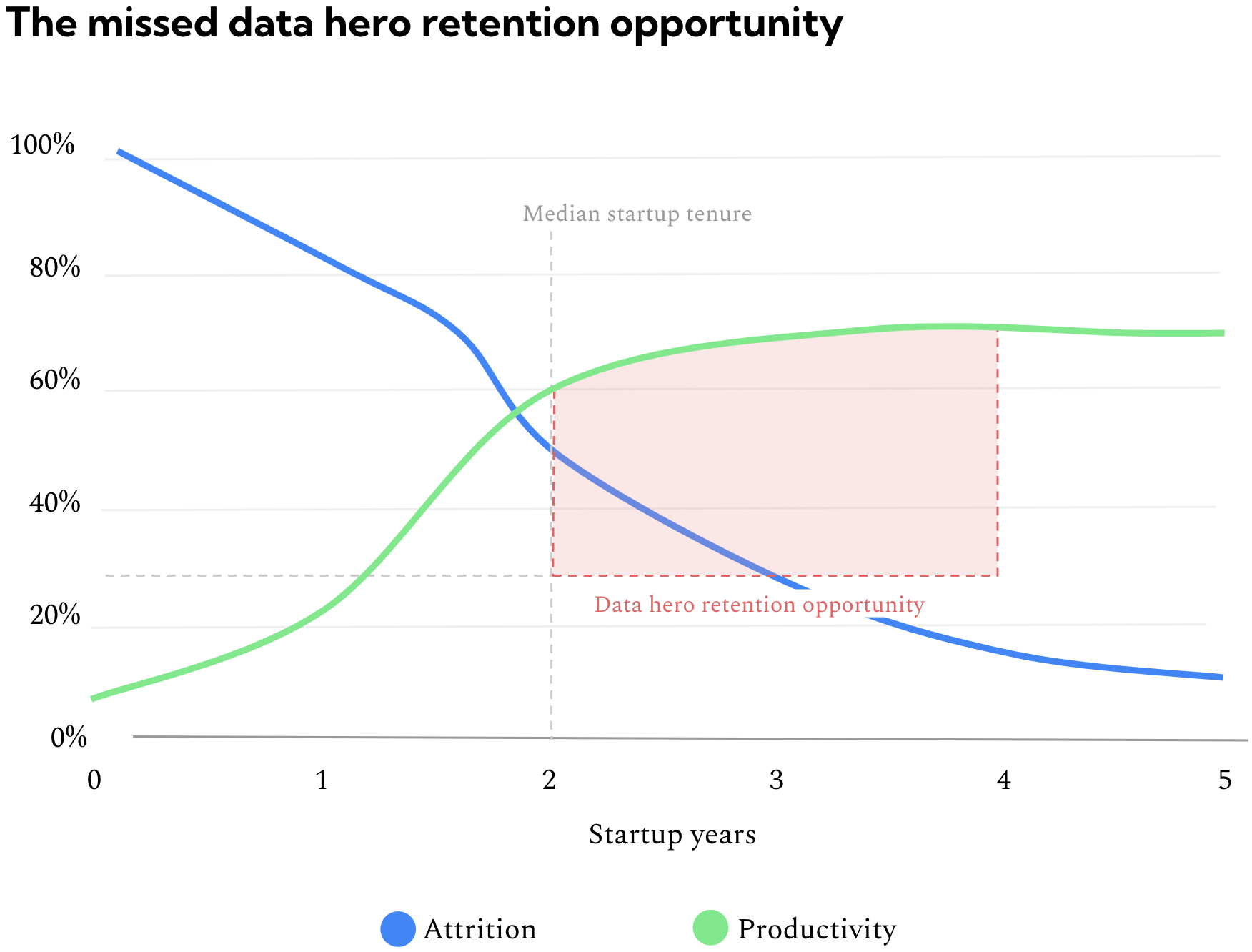Author: Mikkel Dengsøe
-

Growth at all costs has been replaced with a need to operate efficiently and be…
8 min read -

Practical steps to identifying business-critical data models and dashboards and drive confidence in your data
10 min read -

Anna Filippova from dbt wrote that about how we need more "purple" people – generalists…
8 min read -

Why balancing managing a team with demanding stakeholders and still being hands-on is no easy…
5 min read -

How a few data heroes make the wheels spin at high growth companies and why…
3 min read -

On the relationship between data team size and complexity
5 min read -

How to do more of the work that matters and less of the work that…
5 min read -

Data, engineers, and designers: How US compares to Europe Earlier I made the claim that…
5 min read
